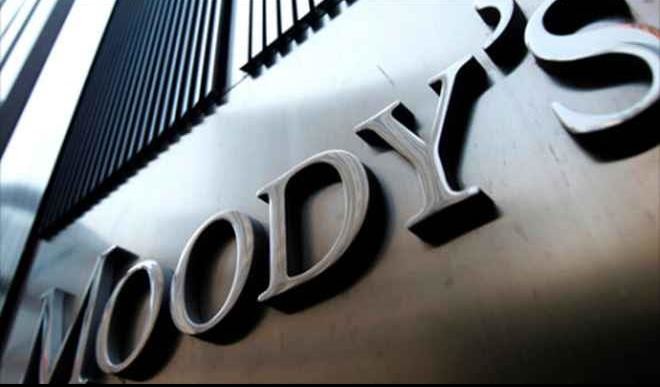Moody’s Investors Service has downgraded the Nigerian long-term foreign-currency and local currency issuer ratings, as well as its foreign currency senior unsecured debt ratings to Caa1 from B3 due to the country’s low revenue and high debt profile.
Moody said it had also downgraded Nigeria’s foreign currency senior unsecured MTN programme rating to (P) Caa1 from (P)B3.
It said the rating actions announced Friday marked the conclusion of a review for downgrade initiated on October 21, 2022.
“Moody’s expectation that the government’s fiscal and debt position would continue to deteriorate is the main driver behind the rating downgrade.
“Government faces wide-ranging fiscal pressure, while the capacity to respond remains constrained by Nigeria’s long-standing institutional weaknesses and social challenges. Ultimately, the risk that a negative feedback loop sets in over the next couple of years between higher government borrowing needs and rising interest rates has intensified, exacerbating the policy trade-off between servicing debt and financing other key spending items,” Moody noted in a statement announcing the rating actions.
Gunmen attack Reps spokesman’s constituency office in Abia
Feeding apple waste to chickens may boost their health
Moody’s said that fiscal pressure from falling oil production, the increasingly costly oil subsidy, as well as rising interest rates would likely persist over the next couple of years, while a policy response post-election is likely to take some time to put Nigeria’s fiscal position on a more sustainable path.
Under its baseline scenario, the rating agency projects that interest payments would consume about half of general government revenue over the medium term, up from an estimated share of 35 per cent in 2022. And that general government debt-to-Gross Domestic Products (GDP) will continue rising to about 45 per cent up from 34 per cent in 2022 and 19 per cent in 2019”.
The rating agency noted that Nigeria’s “outlook is stable.” It observed, however, that while a new administration could reinvigorate the reform impetus in Nigeria after the general elections planned for February 25, 2023, and thereby support fiscal consolidation, “implementation will likely remain lengthy amid marked social and institutional constraints”.

 Join Daily Trust WhatsApp Community For Quick Access To News and Happenings Around You.
Join Daily Trust WhatsApp Community For Quick Access To News and Happenings Around You.


